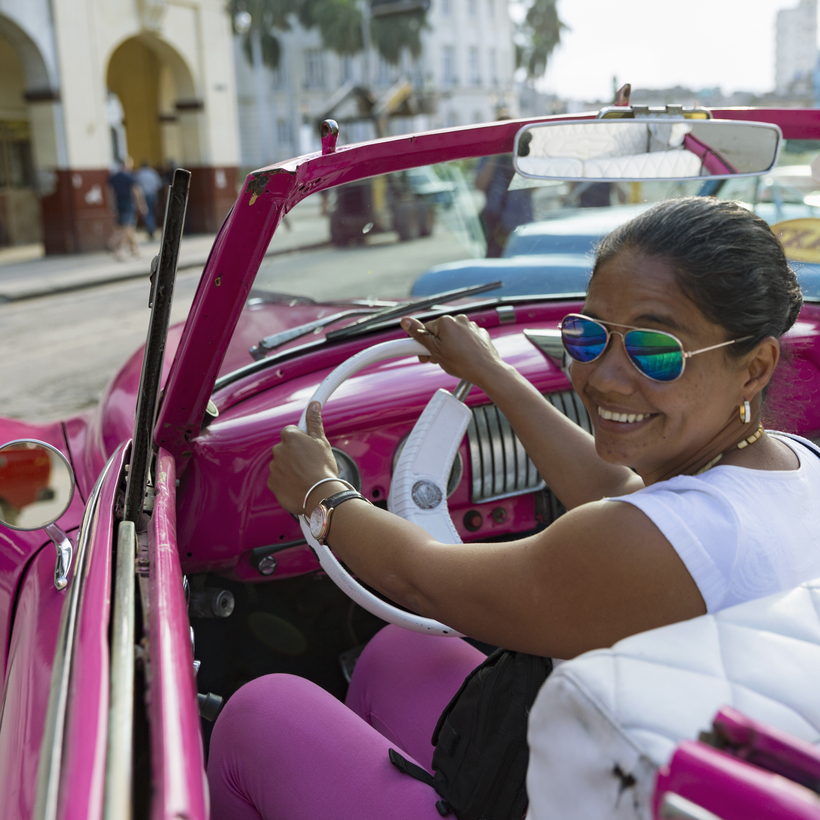I went to Cuba to witness the end of Fidel Castro’s regime 60 years after the revolution. What I discovered was a new social revolution. Behind a façade of old-style Latin machismo, many young women in Cuba are more feminista than many American women are.
Anouska, one of the rare successful state employees I met, is 34 and has it all worked out. She got rid of the baby daddy early on and is raising a super-bright 10-year-old son, Danny, who has four American names, which he recited in perfect English: “Dennis William Danny Brooks.”


